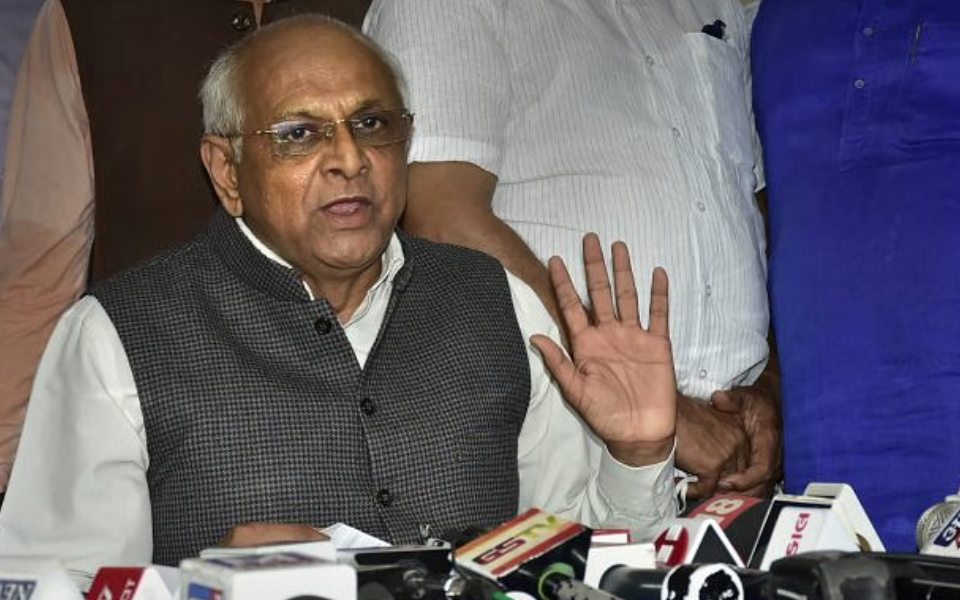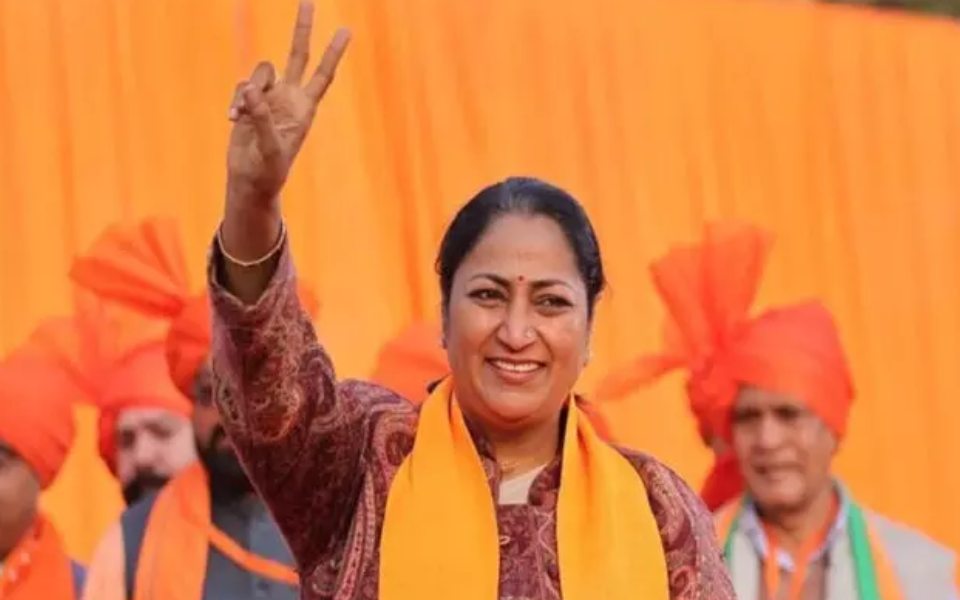Bengaluru, Apr 15: Karnataka Health Minister K Sudhakar on Thursday warned of strict action against private hospitals if they do not follow its instructions on reserving 50 per cent of the beds for Covid patients.
"Government hospitals in Bengaluru are instructed to reserve more beds for Covid patients. Private hospitals have also been instructed to reserve 50 per cent of the beds.
Strict action will be initiated against those who do not cooperate," Sudhakar said.
Noting that private hospitals have reserved only 15-20 per cent of what has been asked for, he said the government will consider it as a serious lapse, and strict measures will be initiated, if they do not follow the orders.
"Only critical non-Covid patients who need hospitalisation should be treated in hospitals. Government cannot keep quiet if Covid patients are denied treatment."
"I once again appeal to the private hospitals to cooperate with the government," he said, adding that private hospitals can arrange Covid care centres at hotels.
Noting that 400 doctors have been transferred from the Medical education department to the Health department, Sudhakar said the Rajiv Gandhi Institute of Chest Disease (RGICD) has been kept reserved for severe acute respiratory infection and influenza-like illness related cases.
Presently 300 beds are available in Bengaluru's Victoria hospital, for Covid patients and will be increased to 500 shortly, the minister was quoted as saying by his office in a release.
According to the release, 300 beds in Bowring hospital, 150 in Charaka, 100 beds in HSIS Gosha and 100 beds will be reserved in KC General hospital within two weeks.
Stating that the state's Technical Advisory Committee on COVID (consisting of experts) will be submitting its report on surging cases and containment measures to the government, Sudhakar said it will be handed over to the CM and he will take a decision after discussion with leaders at the all party meeting and cabinet colleagues.
Amid surge in COVID-19 cases, the state government has convened an all-party meeting on April 18 to discuss strategies to control the spread of infections.
Let the Truth be known. If you read VB and like VB, please be a VB Supporter and Help us deliver the Truth to one and all.
Vijayapura (Karnataka), Feb 19 (PTI): A MBBS student was allegedly ragged and assaulted by his seniors at a medical college here, following which authorities have swung into action and have initiated legal action against the culprits, offcials said on Wednesday.
The victim is a second-year MBBS student at Al-Ameen Medical College, and hails from Jammu and Kashmir.
According to official sources, the student has alleged that he was subjected to ragging and physical assault by senior students. The incident reportedly happened on Tuesday evening during a cricket match, when they questioned his presence and demanded that he leave, but he refused.
He was allegedly asked to sing songs and dance for their amusement, and was even threatened.
The district Deputy Commissioner's office in a statement said, the student did not suffer any injuries and that he was physically healthy, and appropriate legal action is being taken against four senior students.
"Regarding the report that a student at Al-Ameen Medical College in Navarasapura village of Tikota taluk being subjected to ragging and physical violence by 4 senior MBBS students of the same college, as per the directions of the Deputy Commissioner, Vijayapura and Tikota Tahsildars and Additional Superintendents of Police met the student who was assaulted, checked him, and inquired his well-being," the statement read.
They have given a report stating that the student did not suffer any injuries and he was physically healthy, it said
The details of the incident have been given to the Principal Secretary to the Government, Medical Education Department, Mohammad Mohsin, and he has asked to provide appropriate assistance to the attacked student and appropriate legal action to be taken against the four senior students who assaulted him.
The Deputy Commissioner's office statement further stated that appropriate legal action is being taken against the students who assaulted him.





